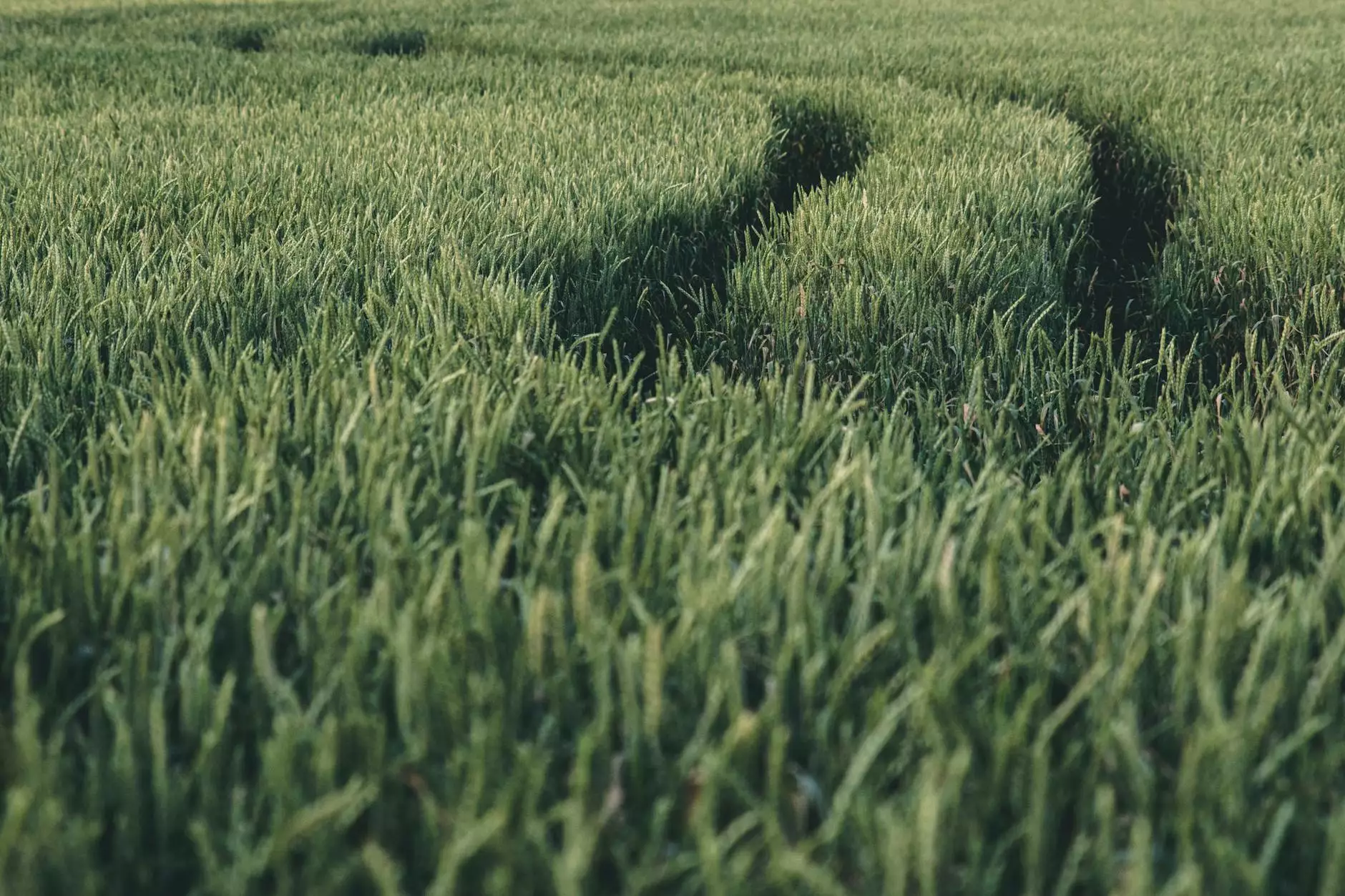Comprehensive Strategies for Accessing Cheap Garden Fertilizer and Boosting Your Garden’s Health

When it comes to cultivating a lush, vibrant garden, choosing the right fertilizer plays a pivotal role. However, cost-effective solutions are equally crucial for gardeners aiming to maintain healthy plants without overspending. The pursuit of cheap garden fertilizer is not just about affordability; it’s about finding high-quality, nutrient-rich options that promote plant growth while fitting seamlessly into your gardening budget. This detailed guide explores various avenues, expert tips, and practical strategies to help you secure affordable fertilization solutions and transform your garden into a flourishing paradise.
Understanding the Importance of Fertilizer in Gardening
Fertilizers supply essential nutrients that are often lacking in native soil, enabling plants to grow strong, healthy, and resilient. These nutrients include the primary elements such as nitrogen (N), phosphorus (P), and potassium (K), along with secondary and trace elements like calcium, magnesium, sulfur, iron, manganese, zinc, copper, molybdenum, and boron. Proper fertilization enhances soil fertility, boosts plant immune systems, and increases crop yields.
However, the challenge lies in balancing the cost and effectiveness of fertilizers, which is where the search for cheap garden fertilizer becomes essential for budget-conscious gardeners.
What Makes a Fertilizer Cheap Yet Effective?
Cost-effective fertilizers are not necessarily inferior in quality; instead, they are accessible, affordable, and provide adequate nutrients for the specific needs of your garden. Some key attributes include:
- High nutrient density: Providing a good amount of nutrients per unit cost.
- Ease of application: Reducing labor and time.
- Availability: Readily accessible within local markets or online.
- Compatibility: Suitable for various soil types and plant species.
Top Strategies for Finding Cheap Garden Fertilizer
1. Use Natural and Organic Alternatives
Nature offers a wide array of budget-friendly fertilizers that can be easily sourced and often improve soil health over time. Examples include:
- Compost: Made from kitchen scraps, yard waste, and manure, compost enriches soil with organic matter and nutrients.
- Kitchen Waste: Eggshells, coffee grounds, banana peels, and fish emulsion can supply essential nutrients at minimal or no cost.
- Manure: Animal manure from chickens, cows, or horses provides nitrogen and phosphorus and is often available at local farms or stables.
2. Purchase Bulk Fertilizers
Buying fertilizers in bulk significantly reduces the price per unit. Many garden centers and agricultural cooperatives offer bulk options for standard NPK fertilizers. Keep an eye out for sales or discounts, and consider storing larger quantities of granular or liquid fertilizers for future use.
3. Look for Local Sales and Discounts
Local gardening centers and big-box stores often have special promotions, seasonal discounts, or loyalty programs. Taking advantage of these can lead to substantial savings on quality fertilizers. Also, consider shopping during early spring or late season clearance sales.
4. Opt for DIY Fertilizers
Creating your own fertilizer blends from local and inexpensive ingredients can be both effective and economical. Some popular DIY fertilizer recipes include:
- Banana peel fertilizer: Rich in potassium, simply dry and grind banana peels into powder.
- Fish emulsion: Fermented fish waste, a powerful liquid fertilizer, can be made at home or bought cheaply.
- Comfrey liquid feed: Steeping comfrey leaves in water produces a nutrient-rich tea.
Best Types of Cheap Garden Fertilizer for Different Gardening Needs
Granular Fertilizers
Inexpensive and easy to apply, granular fertilizers are suitable for leafy vegetables, flowers, and lawns. Look for formulations with a balanced NPK ratio appropriate for your plants.
Liquid Fertilizers
Solutions like fish emulsion or organic plant feeds can be made or purchased at low costs, offering quick nutrient absorption and flexibility in application.
Organic Amendments
Vegetable waste, composted manures, and natural mineral sources such as rock phosphate serve long-term soil health improvement without high expense.
How to Maximize the Effectiveness of Your Cheap Garden Fertilizer
Using affordable fertilizers efficiently is key to achieving vigorous plant growth and healthy yields. Here are some tips:
- Test your soil: Knowing your soil’s pH and nutrient levels helps you choose the right fertilizer type and dosage, preventing wasteful over-application.
- Follow recommended application rates: Excessive fertilizer use can harm plants and environment, so adhere to guidelines.
- Apply at optimal times: Fertilize during active growth stages for better nutrient uptake.
- Combine with organic practices: Mulching, crop rotation, and companion planting enhance nutrient retention and reduce fertilizer costs over time.
The Environmental Impact of Choosing Cheap Garden Fertilizer
While affordability is important, environmental sustainability should not be compromised. Opting for organic and natural fertilizers reduces chemical runoff, preserves soil biodiversity, and supports eco-friendly gardening practices. DIY fertilizers based on organic waste are not only cheap but also eco-conscious, contributing to a healthier planet.
Expert Tips for Budget-Friendly Garden Fertilization
- Plan and diversify your fertilization approach: Combining various sources—compost, manure, DIY blends—ensures balanced nutrition and cost savings.
- Implement crop rotation and cover cropping: These practices naturally enhance soil fertility, reducing the need for additional fertilizers.
- Leverage community resources: Join local gardening groups or community-supported agriculture (CSA) programs for shared access to cheap fertilizers and composting initiatives.
- Monitor plant responses: Regular observation helps adjust fertilization amounts, avoiding waste and improving plant health.
The Future of Affordable Fertilization in Gardening
As agricultural science evolves, innovative, cost-effective fertilizers and sustainable practices are emerging. Vertical farming, hydroponic systems, and microbial soil enhancements are becoming accessible, offering new opportunities for affordable, high-quality fertilization for all types of gardeners.
Conclusion: Making Smart Choices for Your Garden’s Prosperity
Achieving a healthy, thriving garden does not require expensive fertilizers. Through resourcefulness, organic solutions, and smart purchasing, you can find and utilize cheap garden fertilizers that meet your plants' needs while staying within your budget. Remember, the key to gardening success lies in understanding your soil, choosing the right fertilizers, and applying them effectively. With persistence and knowledge, your garden can flourish, providing beauty, food, and joy for years to come.
Explore various options, experiment with DIY recipes, and stay informed about new sustainable practices. Your wallet — and the environment — will thank you!









